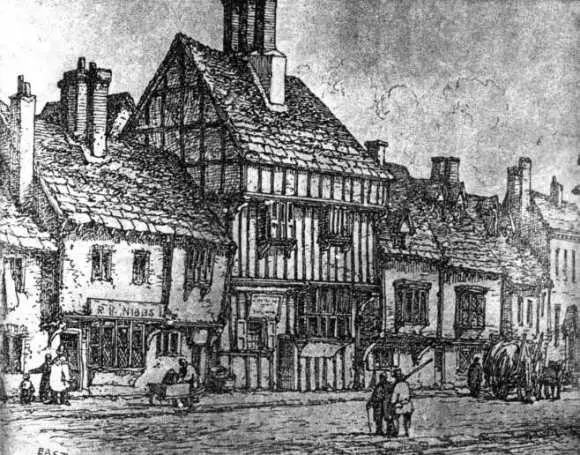Charles Everard

Charles Everard, the son of Rev. E. B. Everard, was born on 24th November, 1846. Everard was educated at Eton and Kings College, Cambridge. After obtaining a Ist Class Honours degree in 1872, Everard obtained employment as a master at Eton College. In 1883 Charles Everard married Maria Rogers from Penrose in Cornwall.
Everard taught at Eton for twenty-one years but in 1893 he decided to retire to his 28 acre estate at Newlands in East Grinstead. Everard was an active member of the local Conservative Party and in 1898 won election to the East Grinstead Urban Council. Everard was a strong opponent of increased public spending and campaigned against the money of ratepayers being spent on parks, electric street lighting and subsidized council housing. Everard retired from the East Grinstead Urban Council in 1907. He was also a member of the Education Committee of Sussex County Council.
In the 1920s Everard became disillusioned with the Conservative Party and on 15th May 1925, he joined with Lt. Col. R. G. Munn of Turley Cottage, Ship Street, to form an East Grinstead branch of the British Fascists. Charles Everard died on the 8th May 1926.
Primary Sources
(1) Charles Everard, letter published in the East Grinstead Observer (20th May, 1901)
The problem is clear, the rents of the workmen's houses are too high in proportion to their wages, amounting to between a quarter and a third of the wages of the head of the family. From a careful study of the issues I reluctantly conclude that the Council would not supply houses cheaper as the private builder. To put it in figures, I fear that the houses proposed to be built must be let at 7s. a week at least to make them self-supporting, and self-supporting they must be.
(2) Charles Everard, letter published in the East Grinstead Observer (8th October, 1904)
We must not be deceived by the phrase "free education". No education is free; it is always very costly. Someone must pay; the question is: who? In this case a large part of the cost will fall on the rates and taxes. The rates are already a grievous burden everywhere, and they press hardest on the poorest. Secondary schools are and can be used by well-to-do parents. No working man can afford that his child spend the years from 14 to 16 in continuing his education.
(3) Charles Everard, speech quoted by the East Grinstead Observer (6th January, 1900)
The Council is empowered to collect rates compulsory from everyone, therefore those rates should only be spent on necessary objects, which everyone who contributed could share in using, or were so beneficed that no sensible man could refuse to consider in their provision. I sympathise with the desire to procure the young men a football ground. There are several ways of obtaining that. They could subscribe for it and by the aid of friends purchase it or they could hire it. To attempt to provide it out of the rates was utterly and entirely unjust and against every principle which should guide the spending of public rates.
(4) Charles Everard, letter published in the East Grinstead Observer (8th July, 1905)
This recreation ground could be used, not as a general space, but simply as a recreation ground that would only benefit a small number of one class. If people want a football ground let them form a club to pay for it.
